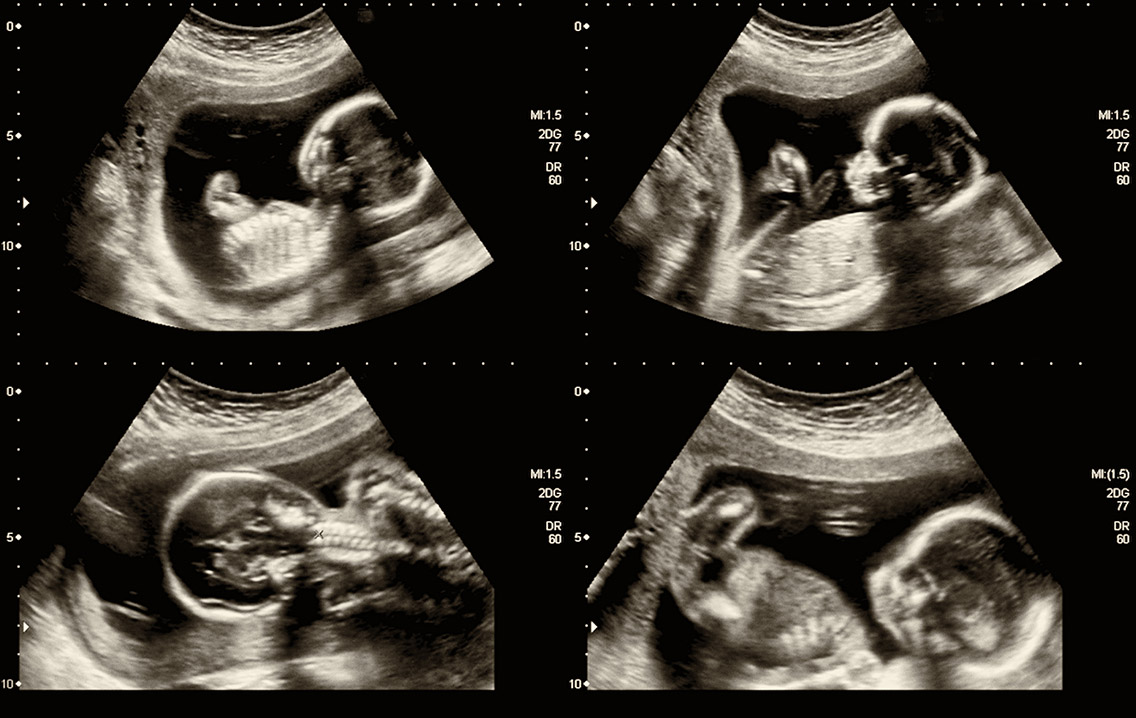- WE’RE HERE TO HELP 24/7
- 800.586.5555
Can I File a Lawsuit for the Wrongful Death of My Unborn Child?

Kanner & Pintaluga Welcomes Patricia Medina in Boca Raton
February 7, 2022
Verdicts & Settlements: $700,000 Settlement Negotiated in Georgia Failure-to-Yield Collision
February 15, 2022Can I File a Lawsuit for the Wrongful Death of My Unborn Child?

State laws vary when it comes to wrongful death of an unborn child. Most states recognize wrongful death claims of an unborn child as valid but only if the fetus was viable at the time of death. A fetus is considered viable when it can survive outside the uterus, and viability typically begins at 24 weeks of gestational age.
Florida is among the 10 states that doesn’t consider an unborn child a person regardless of where a woman is in her pregnancy. This means that if you were hurt while pregnant and your injuries led to the loss of your unborn child, you likely can’t file a wrongful death lawsuit.
Can I Still Recover Damages if My Child Died in the Womb?
Even though Florida doesn’t recognize wrongful death claims for unborn children, parents can still file a lawsuit. Florida law perceives the death of a fetus as a physical injury to the mother who was pregnant with the child, hence the mother can seek damages for physical and emotional injuries caused by someone else’s negligence.
An unborn child’s father can technically file a claim, but it’s often more difficult. This is because of Florida’s “impact rule,” which specifies that the person’s emotional injuries must stem from their own personal injuries. If an uninjured father is trying to recover non-economic damages, such as emotional distress from the loss of his unborn child, he likely won’t have a case since his emotional injuries aren’t a direct result of any physical injuries he suffered.
How to Prove Fault in Your Personal Injury Case in Florida
To be awarded damages, you’ll have to show evidence that the responsible party’s negligence caused the injuries you suffered, including the termination of your pregnancy. Common scenarios include:
- Negligence of a doctor or other medical staff during labor led to stillbirth
- A doctor prescribed medication or a wrong dose that resulted in a miscarriage
- A driver caused an auto accident where the mother suffered injuries and miscarried
- A negligent property owner caused the pregnant woman to slip and fall on their premises
- A mother suffered injuries from using a defective product
- The mother was the victim of a physical assault
Can You Recover Damages if You’re Partially at Fault for Your Injuries?
Florida allows plaintiffs to recover damages even if they’re partially responsible for their own injuries. If a mother was partially at fault for a car accident and lost her unborn child, she could still be awarded financial compensation for both physical injuries and emotional pain and suffering.
For example, if a mother was rear-ended by another driver but it turns out she didn’t have working taillights, she may now be held partially liable for the collision. Any compensation she receives could be reduced based on the percentage of fault she shares for the accident.
Damages You Can Recover in a Personal Injury Case
The state of Florida does not limit the amount of economic or non-economic compensation you can receive for your injuries.
Economic damages refer to measurable and easily verifiable expenses, like past and present medical bills, lost wages, loss of employment, caregiving services, physical therapy, etc.
Non-economic damages are based on subjective, non-monetary pain and suffering, like emotional anguish, depression, emotional distress, physical pain or a loss of consortium. They aren’t as easy to establish but can be granted if the plaintiff presents sufficient evidence.
There is a $500,000 cap on punitive damages in Florida. Punitive damages are only available in cases where the person who caused your injury was intentionally or grossly negligent. The most common example of cases that justify punitive damages are drunk driving injury or wrongful death cases.
How Is Emotional Pain and Suffering Calculated in Florida?
There are a couple of different ways in which pain and suffering may be calculated. The multiplier method involves a negotiation between the plaintiff’s legal team and the defendant’s insurance company to determine a multiplier. The multiplier can be between 1.5 and 5. The medical expenses from your economic damages are then multiplied by that number to determine the pain and suffering damages.
The daily rate method involves determining an appropriate daily rate for your pain and then multiplying that rate by the number of days you experienced the pain. The daily rate is often based on the injured person’s daily wage. Daily lost wages are a convenient way to put a dollar amount on what each day of pain and suffering cost the injured person.
